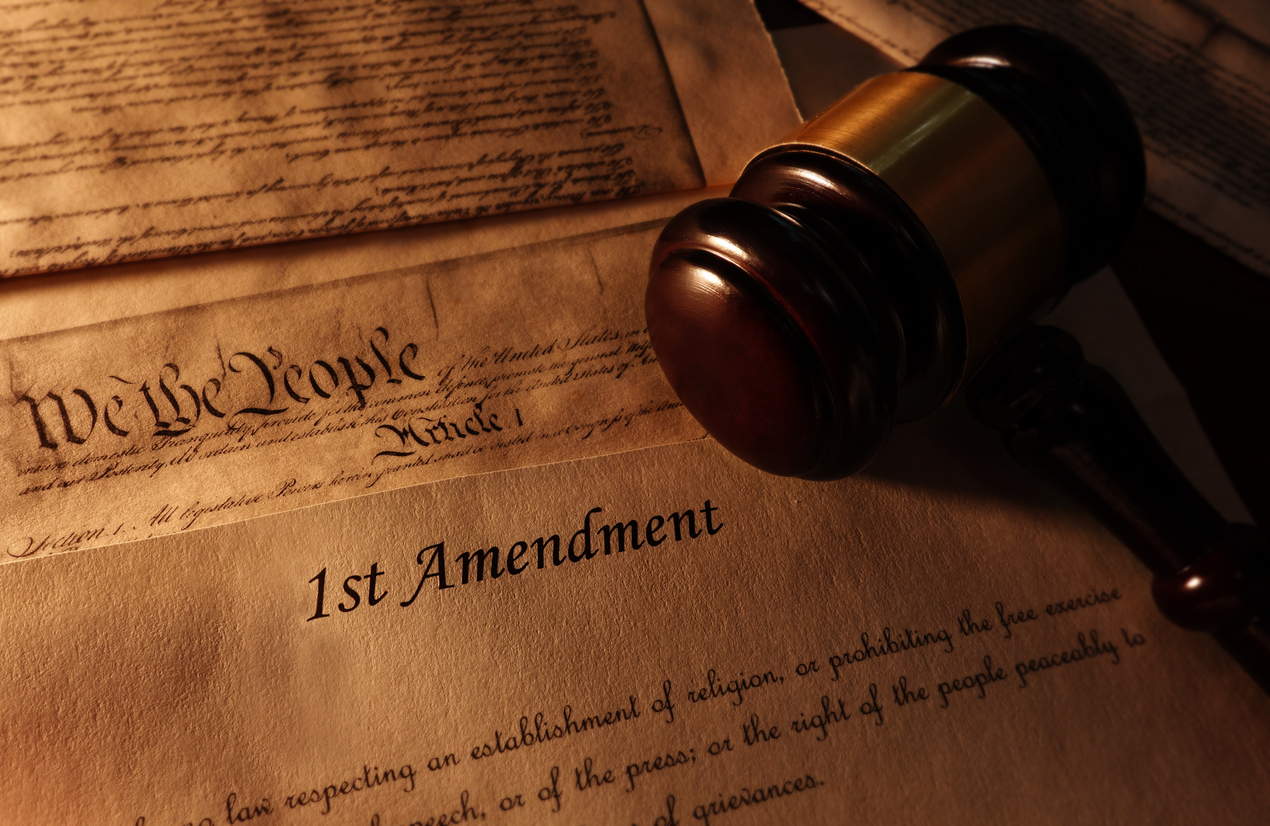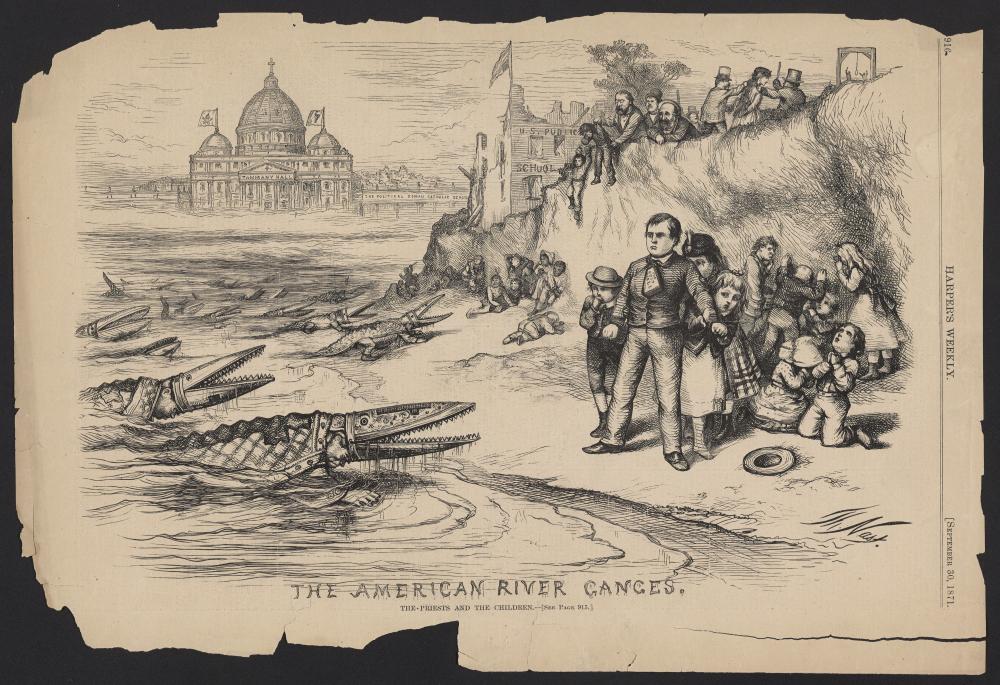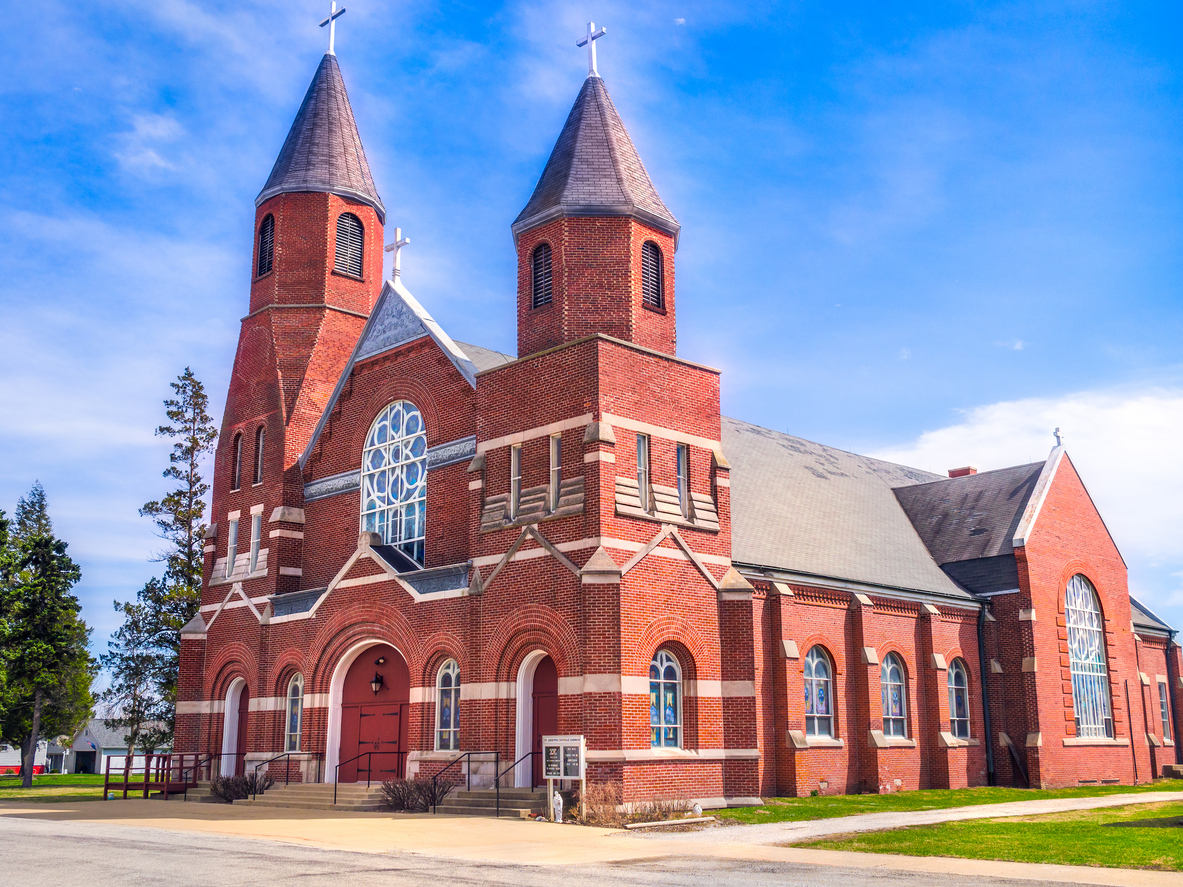“On his way to the Tower one of his daughters, named Margaret, pushed through the archers and guards, and held him in her embrace some time without being able to speak. Afterwards More, asking leave of the archers, bade her have patience, for it was God's will, and she had long known the secret of his heart. After going 10 or 12 steps she returned and embraced him again, to which he said nothing, except to bid her pray to God for his soul; and this without tears or change of color. On the Tuesday following he was beheaded in the open space in front of the Tower. A little before his death he asked those present to pray to God for him and he would do the same for them [in the other world.] He then be sought them earnestly to pray to God to give the King good counsel, protesting that he died his faithful servant, and God's first."
August 4, 1535






